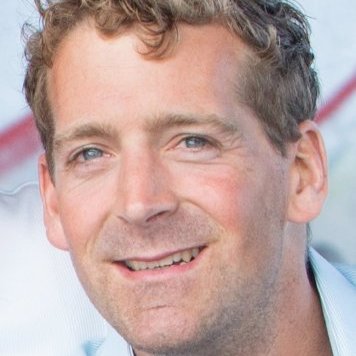Regardless of whether your company offers formalised leadership development programmes or not, you need to take your advance in your own hands. Develop yourself.
Becoming a leader: have an independent mind
After all, expecting that someone should turn you into a leader is rather antithetical to the notion of leadership. While it may be easier to acquire some competencies and manage leadership transitions when learning resources are available and the company provides you with corresponding support, learning to lead without all the infrastructure may in itself become a powerful resource for your future support of new generations of leaders. Here is how you can start your own leadership development journey.
First and foremost, explore your own motivation to lead. Why is that you believe that you can and should take an active leadership role? How will this motivation support the progress of your organisation? If you feel that taking responsibility, mobilising self and others, and helping people overcoming challenges give you a thrill and extra energy, you will probably be motivated to look for leadership development opportunities beyond what the company can or want to offer you. It is important to visualise, however, how your energy and effort can make your organisation better. Affective motivation to lead, or the positive feelings associated with taking a leadership role, is correlated with willingness to search for opportunities to test and stretch one’s leadership capacity.
Be mindful of your surroundings
It is also very important not only to feel the thrill of increasing one’s leadership responsibility, but to be equally aware of the costs and psychological burden associated with leadership roles. Observe people in your and other organisations whom you consider to be good leaders and think about the potentially negative sides of their jobs: delivering negative news, taking difficult decisions, or being held responsible for the organisation’s performance, even if the latter is beyond their immediate control.
Understanding and accepting the costs of leading, assuming that you still want to lead after this exercise, may actually make going through tough leadership moments later in your leadership experience easier, as you will have no access to psychological excuse of not having known or thought about the less pleasant aspects of the leadership role.
If after exploring your motivation to lead and potential cost of leading you want to continue with your leadership growth and development, go and seek feedback. What is it that people value you most for in your organisation? What are the sources of your personal power, something that is associated with your skills, competencies or relationships that can serve a foundation for building further your capacity to influence people? What is it that people believe you should be doing differently or stop doing overall? Gathering feedback is only part of the process. You need to work with the data received and make sense of it. In some cases, you may have to go for even further feedback, particularly if you hear something surprising. It is important to remember that acting on the feedback is not the only option available: in some cases you may choose to continue without modifying anything in your specific behavior, as long as you are ready to face the consequences of making no change.
You can then reinforce the analysis from the feedback with exploring the experience and wisdom of people in the organisation who are in higher level positions and who can become your informal mentors. In some occasions you may want to avoid using the term “mentor” and simply seek opportunities for informal conversations with those people who you believe can be good sources of information and advice.
Even if you don’t have access to experienced individuals in higher level positions in your organisation, you would still be better served if in your leadership development efforts you can rely on a sparring partner or someone with whom you can bounce back ideas and explore questions of importance to you. Peer coaching can become a powerful leadership development opportunity that you can deploy without the involvement of your organisations and any budgets. All you need is a partner who is interested in sharing mutual developmental efforts. It is important that the relationship with your peer coach is based on principles of reciprocity, trust, and psychological safety. The person with whom you engage in peer coaching shouldn’t be your potential career competitor. Often it is best to have someone outside of your unit or even organisation, someone who has had comparable business experience, and who is her- or himself interested in developing their leadership skills. Together with this person you could explore your leadership philosophy, discuss the feedback you received, plan possible experimental steps, and evaluate their outcomes – all in the safety of a confidential discussion with a trusted partner.
Look for different ways to lead
Last but not least, seek opportunities to try to take charge, help others, and do something new together with other individuals. If your current job doesn’t allow you to experiment with leadership behaviors, look for opportunities in temporary projects, cross-functional teams, or volunteer gigs. Sometimes you can experiment with your leadership outside of the organisation: think about professional associations or community groups. Let people know that you are on the learning journey, and that you want to be a good leader. Ask for support, help, advice, and further feedback. And then probably challenge your organisation regarding its leadership development practices and take the lead in supporting others in their growth.
Source: ESMT European School of Management and Technology
Categories: Breaking News, Leadership Lessons

















